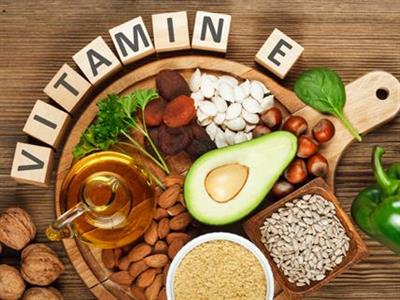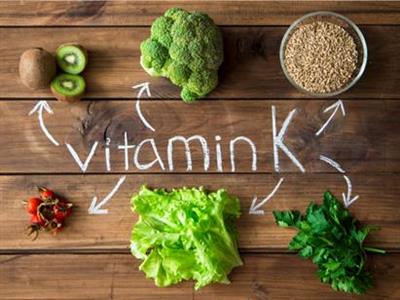PDF chapter test TRY NOW
Vitamin \(E\):
Vitamin \(E\) is also a fat-soluble vitamin in vegetable oils, whole wheat, green leafy vegetables, meat, milk, avocado, sunflower seeds, peanut butter and almonds. Vitamin \(E\) is also called tocopherol. Vitamin \(E\) helps to reduce heart diseases, improves the immune system and is good for the skin.

Vitamin E Sources
Vitamin \(E\) deficiency symptoms include lack of resistance power to illnesses, childlessness or sterility. Vitamin \(E\) deficiency causes sterility in rats, reproductive abnormalities, nervous weakness, muscle weakness that causes loss of body movement control.
Vitamin \(K\):
Vitamin \(K\) is a fat-soluble vitamin that plays a major role in blood clotting, prevents excessive bleeding and is also helpful in metabolism. Vitamin \(K\) is a derivative of quinone. Green leafy vegetables like spinach, cabbage, mustard, cereals, soya beans, and milk products are sources of vitamin K.

Vitamin K Sources
Vitamin K deficiency symptoms include easy bruising, excessive bleeding even for a small cut as there is delayed blood clotting. The deficiency of vitamin K cause prevention of a blood clot, weakness of bone and teeth, poor bone development, and osteoporosis.
Excessive vitamin K deficiency can lead to a haemorrhagic condition in newborns, in which the blood flow will not stop for a long time.
